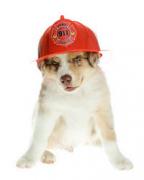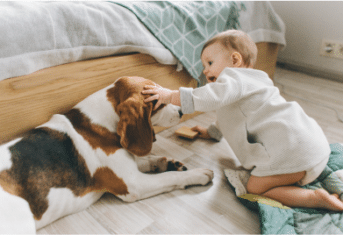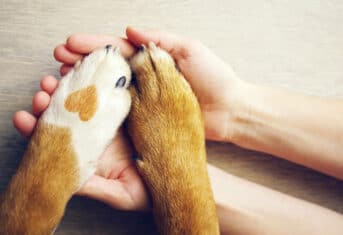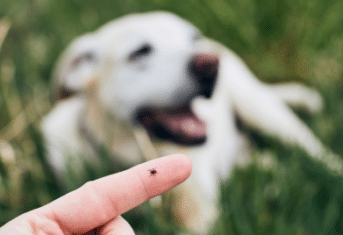National Pet Fire Safety Day

National Pet Fire Safety Day
Last Friday, July 15, 2011, was National Pet Fire Safety Day. When we hear about pets and fires in the home, we often think of the dog who awakens his owner, saving lives with a warning bark about a fire in the house.
But pets are also the victims of fire. According to Pet Safety Alert, 40,000 pets are killed in fires annually, most of them in residential fires.
Every year, The Animal Medical Center provides care to pets who have been trapped in burning buildings and rescued by New York’s bravest, our friends at the NYC Fire Department.
As a pet lover, you can take action to prevent pet-related fires and to protect your pet if there is a fire.
To help firefighters find all of your pets, the folks at ADT Home Security Systems offer a free window cling to alert firefighters to the presence of pets in the home. You can request one through their website.
Firefighters want to help pets suffering from smoke inhalation, but the oxygen masks designed for humans are not shaped to fit a pet’s nose. If you are feeling philanthropic, donate a pet oxygen mask to your local firefighting team.
Pet proofing your home can help to prevent a catastrophic fire. Candles are a huge danger for pets. A wagging tail can knock a candle off the coffee table and into a pile of flammable papers. My own cat, who had a big puffy tail, swished it over a lit candle and nearly went up in flames! Space heaters and backyard grills present a hazard, as they can easily be knocked over by a pet and start a fire.
To protect the entire family, make sure your smoke detectors and carbon monoxide detectors have their batteries changed twice a year. A good time to change the batteries is when you change the clocks for daylight savings time in the spring and fall.
Like people, pets can suffer from carbon monoxide poisoning. If everyone in the family is ill and your pet is exhibiting the following signs, see your veterinarian and mention you are concerned about carbon monoxide poisoning.
- Nausea
- Vomiting
- Cough
- Loss of exercise stamina
- Disturbances in gait
________________________________________________________
This may also be found in the “Tales from the Pet Clinic” blog on WebMD.com.
For over a century, The Animal Medical Center has been a national leader in animal health care, known for its expertise, innovation and success in providing routine, specialty and emergency medical care for companion animals. Thanks in part to the enduring generosity of donors, The AMC is also known for its outstanding teaching, research and compassionate community funds. Please help us to continue these efforts. Send your contribution to: The Animal Medical Center, 510 East 62nd Street, New York, NY 10065. For more information, visit amcny.gbtesting.us. To make an appointment, please call 212.838.7053.
































